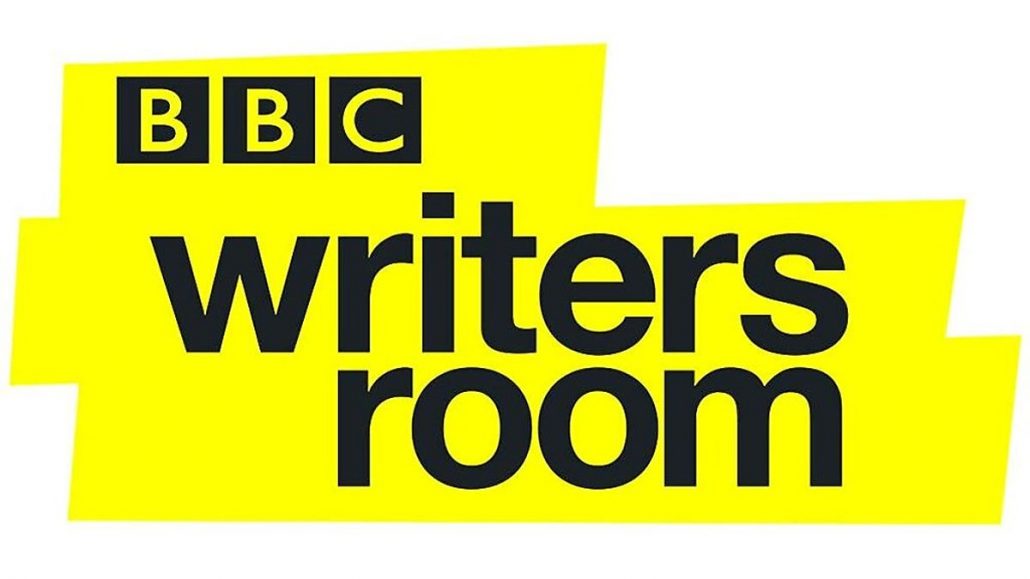1 May 2013 at Matthews Yard, Croydon
These notes are based on a slideshow presented at the above event – most will make sense but others may require your own interpretation. The event opened with the first seven minutes of BBC Three drama ‘In the Flesh’, hence the occasional reference to the programme in these notes.
Perfect 10
A large majority of the event discussed the ‘perfect ten’. BBC Writers Room readers will look at the first ten pages of a submitted script. If they have a desire to keep reading, to find out what happens next and what the characters’ journeys will be then there’s a good chance the script will progress to the next stage. 90% of scripts tend not to make it past this first cut. So that’s 10% going through based on the first 10 pages.
1. Form
Understand your medium/format
- What experience do you want your audience to have?
- Would the story be better suited to a different format (e.g. radio play, stage play, short story)?
Script = blueprint
- The script is part of a wider process
- It’s not a work of literature – the intention is for it to get made
- The script is a starting point in the production process, not the final product
Say what you mean
- Be sure of what you’re trying to achieve
Write what an actor can show
- For example, avoid things like “The character is looking out a window, fifteen years of pain etched on his face” – be realistic
2. Opening
Hit the ground running
- If something hasn’t captured you in ten minutes, would you stick with it?
- Setup shouldn’t be long-winded
- Start the story straight away
Show characters in action
- Something is happening
- Characters aren’t passive
- With ‘In the Flesh’, by the 7-minute mark we understand what it’s about, the characters and the world being created.
Don’t preface, set up or introduce
- Very little should be explained but just enough to keep us interested
Beware exposition/backstory
- How much does audience need to know?
3. Coherence
Know your world and story
Know your genre and tone
- Give us enough to make informed decisions
Don’t try to do too much
- Keeps it tight
Crack the story before writing the script
- Very difficult to cut characters or dialogue once committed to paper
- Create the spine of the story, perhaps using post-it notes
4. Character
Spending time
- Make the audience want to spend time with the character – which isn’t the same as liking or admiring them
POV
- See the world from the character’s point of view. For example, in ‘Friends’ to Monica everything is a competition, even with herself; Joey’s world revolves around food and sex, otherwise he doesn’t understand
Journey, wants/needs, obstacle, dilemma
Cliché (avoid)
- If you get the character right then it becomes less clichéd
- The writer can exaggerate clichés for comedic effect
5. Emotion
Stories matter on a human level
Characters are bigger than concepts
Chinks in the armour
- Vulnerabilities
- What’s that slither of a gap to get under a character’s skin?
- Even with the bad guy, there’ll be some chink
Physical response
- The audience need to react, be it crying with laughter, hairs on the back of the neck, or bringing them to tears
6. Surprise
Archetypes and originals
- Finite number
- How can if differ in just a few very specific ways
- Don’t reinvent the wheel, but what makes your wheel different?
Fresh, unique perspective
Inevitability vs. predictability
- Ensure every step of the way doesn’t feel predictable
- Have a sense of where they’re heading to
7. Structure
All story is structure
Always going somewhere
Beginnings and endings
- Should tell you a lot about the story – propels you to your ending
Dramatic purpose
- Has to be there for a reason
- To propel story
- If dialogue has no dramatic purpose to the story, does it need to be there?
8. Exposition and Expression
Good dialogue expressed character
- If a line is there to explain, find another way
Bad dialogue only relates information
People don’t tell each other things they already know in obvious ways
Silence, space, suggestion, subtext
- Not just about words, look at the gaps between what’s said
9. Passion
Does it keep you up at night?
Are you compelled to write?
Don’t try to be expedient
Don’t try to second guess
- What commissioners want is what they don’t have; don’t try to assume to know what they’re looking for or try to respond to a public suggestion of what is being sought
10. Be yourself
- Write every day
- Try different styles
- The best writers always assume it’s no good
- Keep trying to make it better
Individual voice
- What does it say about you as a writer?
Write what no-one else could have written
What do you want to say?


